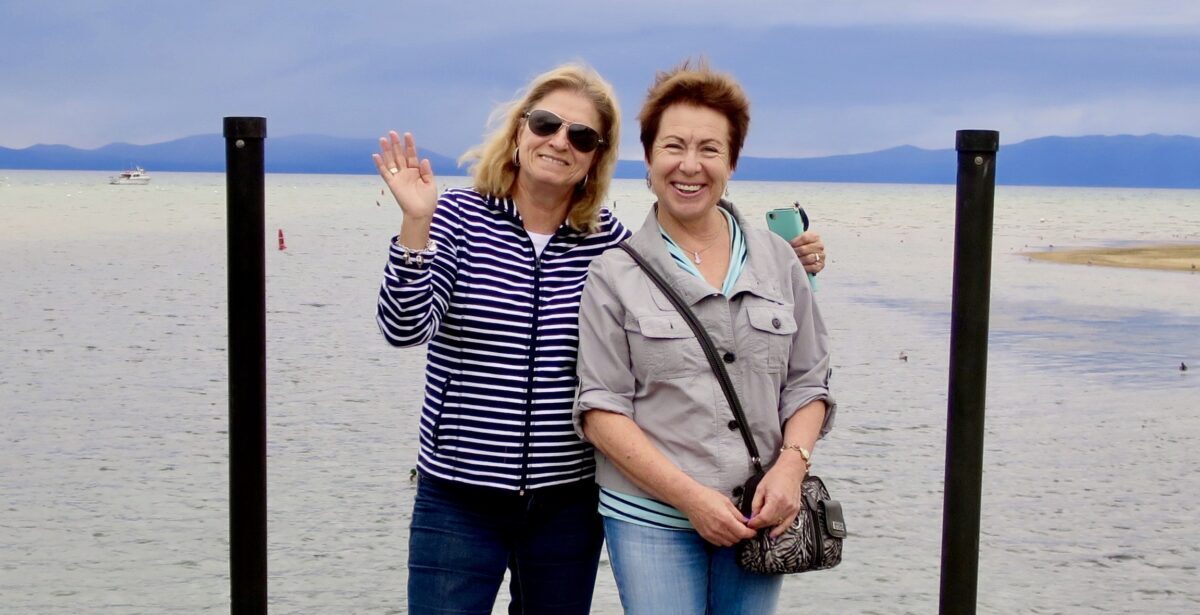 Speaking a foreign language has always been a valuable asset. It expands your worldview—and occasionally lets you pick up things you weren’t exactly meant to understand… like hot stock tips muttered at a bar or whispered military secrets over a crackling walkie-talkie.
Speaking a foreign language has always been a valuable asset. It expands your worldview—and occasionally lets you pick up things you weren’t exactly meant to understand… like hot stock tips muttered at a bar or whispered military secrets over a crackling walkie-talkie.
Today, English reigns supreme, with roughly 1.52 billion people around the globe speaking it. It’s the go-to language for business, science, technology, diplomacy, and for asking rather urgently where the nearest restroom is.
In fact, no matter where you land on the planet, chances are someone will speak some form of English. It may not be good English, but who cares if it gets you a sandwich and a toilet?
Now, there’s a delightful flip side to all this linguistic unity: sometimes, not understanding one another has its perks. As the old French saying goes:
« Toute vérité n’est pas toujours bonne à dire. »
Not all truths are always good to tell.
Especially when those truths might trigger an international incident—or a marital meltdown.
You see, diplomacy often lies in the artful omission. You don’t have to lie; you can just pretend you didn’t catch what your wife said in the heat of the moment. “Sorry, dear, must’ve been the static on your tone.”
It’s a tactic. A survival tactic.
Interestingly, the U.S. divorce rate—still hovering between 40% and 50% for first marriages—has been gently declining. Coincidence? Or could it be that couples now bond across linguistic lines and just can’t argue properly?
Consider this: a Danish man marries a Filipina woman. Neither speaks the other’s language, but they both know just enough English to order food, ask for directions, and say, “I’m fine” through clenched teeth.
Their entire relationship floats on the limited vocabulary of global English. Misunderstandings are inevitable, but luckily, they remain largely… incomprehensible. And that, my friends, is what keeps the peace.
One of the greatest perks of this international arrangement? You can vent endlessly to your friends in your native tongue about your spouse without sparking a nuclear conflict at home. You might blow off steam, but no one gets blown up.
So let us embrace a common language for peace and harmony—and leave war to those who still barely communicate by smoke signals.
Alain

 “What has become of my friends
“What has become of my friends